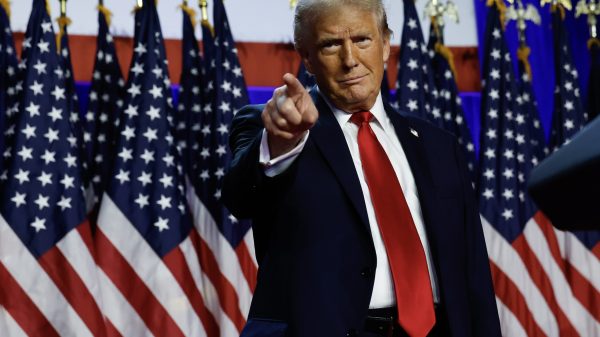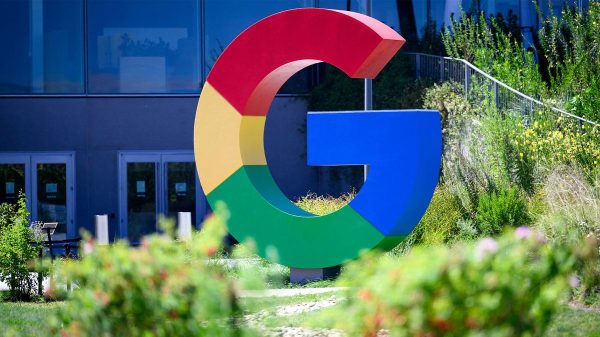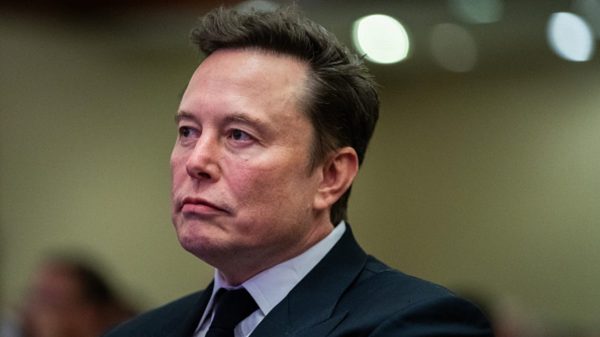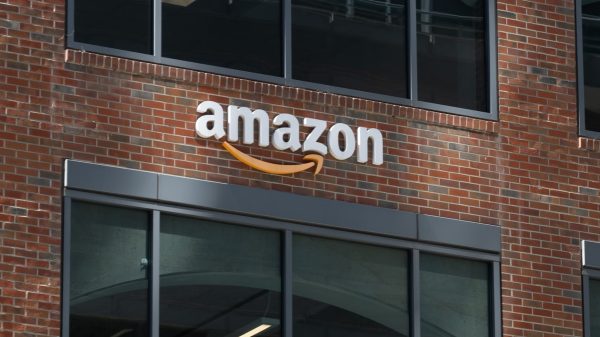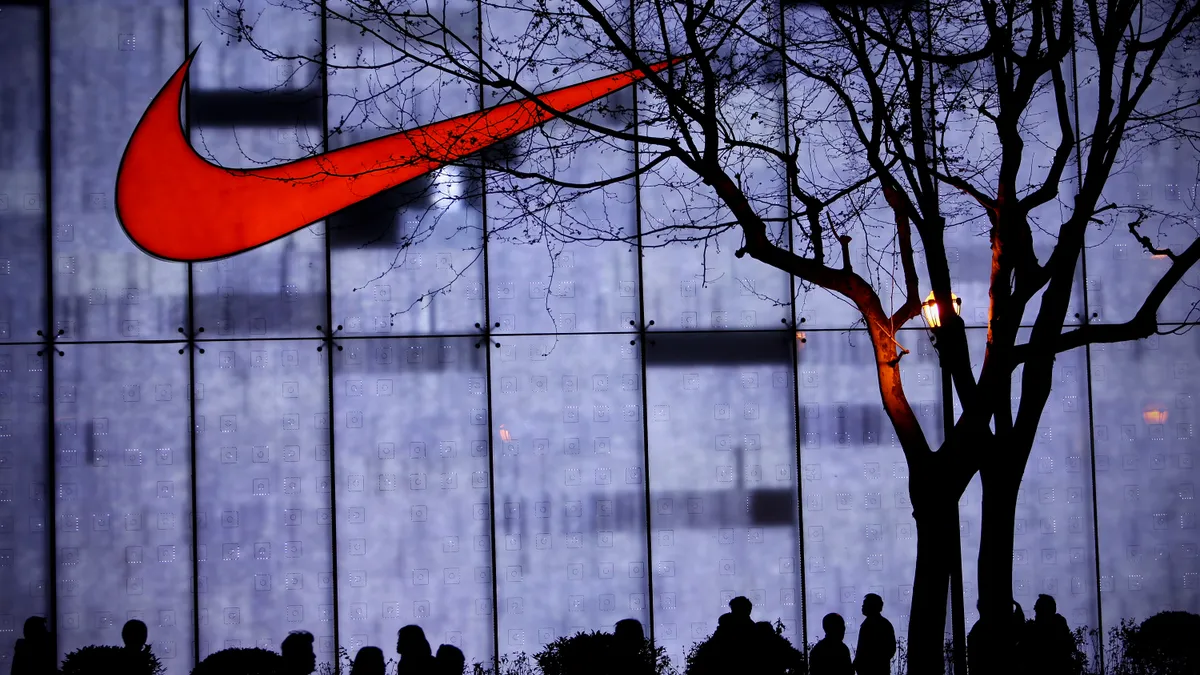CMOs are increasingly stepping into pivotal roles within corporate strategy as companies come to recognize the vital significance of robust brand management. Nike, once a paragon of branding, is currently grappling with considerable challenges.
CEO John Donahoe’s aggressive shift towards direct-to-consumer sales has alienated essential retail partners and diminished the brand’s value through excessive discounting. Compounding these issues are rising competitors like On and Hoka, as well as stagnating innovation and layoffs, which have undermined Nike’s previously strong market position and created an urgent need for strategic reassessment.
As Donahoe prepares to step down, Elliott Hill will take over as CEO during a turbulent time. Nike recently reported a 10% decline in sales and withdrew its full-year forecast, which caused its stock price to drop significantly. Once the dominant player in the sports apparel market, Nike now faces a steep climb to regain its leadership position. Going forward, the company’s marketing strategies will be crucial to its recovery.
CFO Matthew Friend underscored this importance, pointing to the success of Nike’s marketing efforts during the Paris Olympics, where the brand commanded over 60% of the share of voice, demonstrating the effectiveness of compelling brand storytelling.
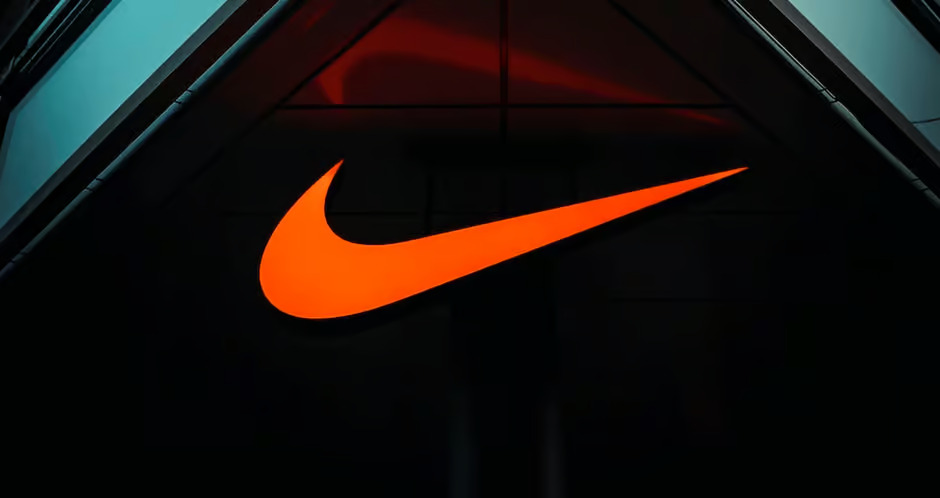
Nike’s Marketing Struggles Highlight the Growing Role of CMOs in Brand Reboots
Nicole Hubbard Graham, who returned to Nike as CMO earlier this year, is now under immense pressure to spearhead the company’s turnaround efforts. Her role is to reshape Nike’s marketing message and rekindle consumer interest in the brand.
This situation is emblematic of a larger industry trend in which CMOs are being asked to prove that marketing is not merely an expense but a vital driver of business growth. For Nike, the challenge will be to reconnect with both new and existing customers, especially influential consumer segments like runners, to address its retention and acquisition issues effectively.
Other firms are also turning to marketing as a strategy for revitalization. For example, JC Penney recently hired former Taco Bell CMO Marisa Thalberg to lead a brand reinvigoration initiative. Similarly, Unilever has committed $700 million to brand marketing, explicitly linking this investment to anticipated sales growth.
These actions indicate that more companies are recognizing the power of brand-focused marketing strategies. In some cases, like Hyundai, firms are restructuring their marketing teams to ensure that creative advertising is prioritized alongside performance marketing.
This broader industry shift is also reflected in agency investments aimed at enhancing brand-building capabilities. WPP recently acquired the creative agency New Commercial Arts, and MSQ purchased SPCSHP, the creative agency for Dairy Queen.
Additionally, companies like Dentsu and Publicis Groupe are expanding their creative offerings in response to client demands for more impactful brand storytelling. Furthermore, a growing number of firms are combining media and creative reviews in their marketing strategies, highlighting the increasing importance of integrated brand marketing. These trends suggest a fundamental reevaluation of marketing’s role in driving business success.






